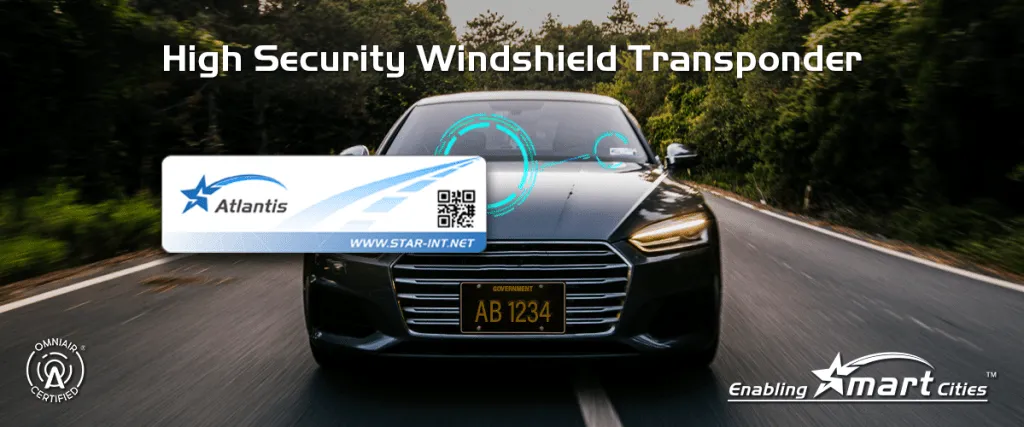As the US Congress once again struggles to find funding for a long-term highway bill, a new Reason Foundation study details why truckers should embrace the use of tolling to finance the reconstruction and modernisation of aging Interstate highways, describes how all-electronic tolling can solve the industry’s previous privacy and logistical concerns about toll roads and proposes a set of rules to ensure that the tolls paid by truckers and motorists are used only to rebuild and widen the newly tolled Interstate corridors.
The report outlines federal and state legislation that could eliminate the trucking industry’s previous objections to tolling. Truckers would be guaranteed that: Toll rates for the reconstructed Interstates would be set to cover only the capital and operating costs of the tolled infrastructure; Tolling of existing Interstate routes would not begin until that section of highway had already been reconstructed and re-opened to traffic; Tolls would replace current state gas taxes on Interstates, to avoid double taxation; and toll revenues would only be spent on rebuilding, widening, and maintaining the tolled highways.
“The trucking industry has the most at stake in ensuring a solid future for the Interstate highway system,” said Robert Poole, director of transportation policy at Reason Foundation.
“But truckers have been wary of toll roads because they fear, rightly so, that any new Interstate tolling will turn those highways into cash cows for states, with that money being diverted to other projects, not to the highways used by trucks. However, with full use of today’s electronic tolling technology, plus strong legal highway user protections, toll-financed Interstate modernisation would be an attractive value proposition for truckers and other highway users.”
Historically, the trucking industry has suggested raising gas and diesel taxes instead of implementing tolls. However, Poole notes that paying for the estimated US$1 trillion cost of reconstructing and widening the aging Interstate system would require far more than the modest fuel tax increases being discussed by Congress (which are, in any event, unlikely to be enacted). Even then, Poole says “the new revenue would very likely be spread across all the myriad programs currently supported by the Highway Trust Fund, diverting most of it away from major highways such as the Interstates. Truckers wouldn’t get good value for their fuel tax increase.”
The study also examines existing tolling technology that would protect proprietary route information and will soon allow trucking companies to receive a single, consolidated bill for all tolls on all toll roads used nationwide each month by a fleet of trucks. This technology would eliminate the problem of needing different transponders and receiving individual bills from each state.
Study: How to fund Interstate highways in a way truckers and drivers can support
As the US Congress once again struggles to find funding for a long-term highway bill, a new Reason Foundation study details why truckers should embrace the use of tolling to finance the reconstruction and modernisation of aging Interstate highways, describes how all-electronic tolling can solve the industry’s previous privacy and logistical concerns about toll roads and proposes a set of rules to ensure that the tolls paid by truckers and motorists are used only to rebuild and widen the newly tolled Inters
July 24, 2015
Read time: 3 mins









